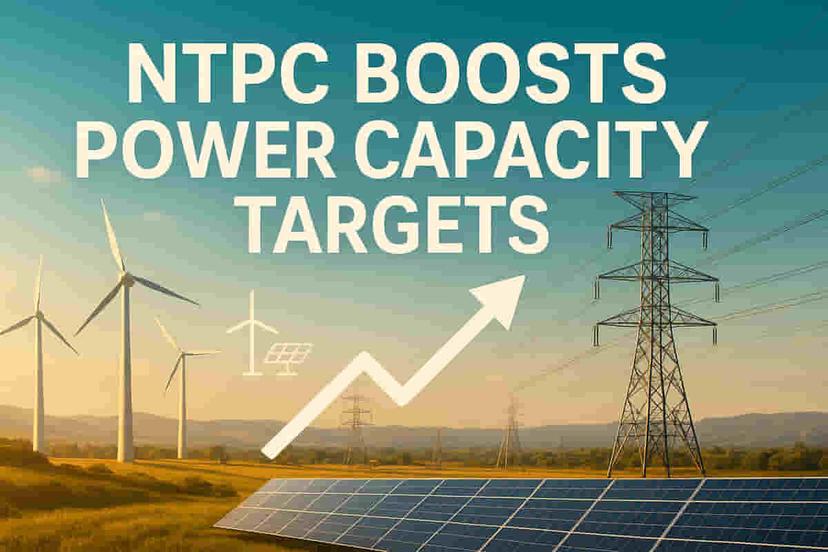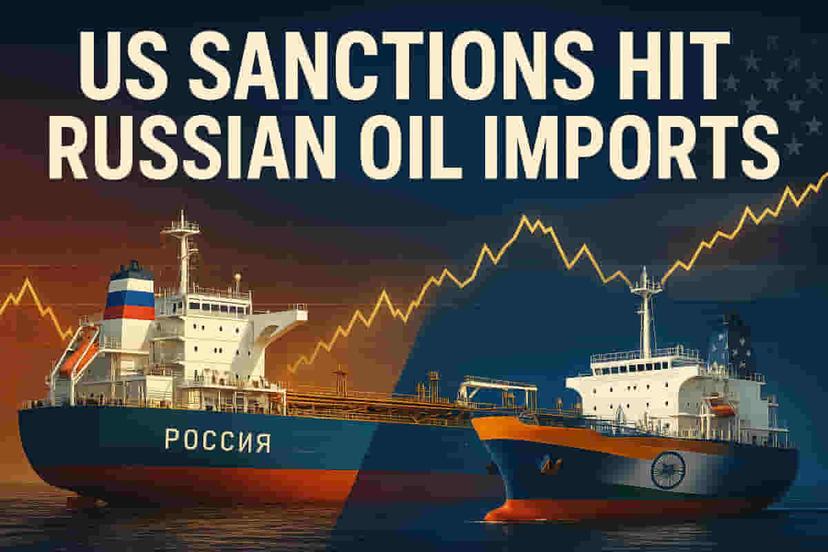Supreme Court Judge Advocates for Global Legal Wisdom in Climate Disputes
Law/Court
|
Updated on 09 Nov 2025, 04:56 am
Reviewed By
Abhay Singh | Whalesbook News Team
Short Description:

▶
Detailed Coverage:
Supreme Court Justice KV Viswanathan stated at the 6th Standing International Forum of Commercial Courts (SIFoCC) that Indian courts should actively use foreign legal knowledge, particularly for climate-linked commercial disputes. He remarked that the era of rejecting foreign jurisprudence is over, advocating for embracing "light and knowledge from all sources." This is crucial because climate change poses shared problems that demand judicial cooperation across borders. Justice Viswanathan noted that climate litigation is blurring lines between private and public law, often involving constitutional rights. He emphasized that courts must confront these issues directly, stating, "We have the fundamental rights. Courts cannot shy away from this. They will have to take the bull by the horn." India is already moving towards recognizing environmental concerns within company directors' fiduciary duties, evidenced by stricter sustainability reporting and audit requirements for large corporations. The scrutiny on directors' decisions in climate-related disputes will deepen, moving beyond traditional deference to managerial choices. International climate jurisprudence will hold significant weight, potentially leading domestic courts to question or invalidate national laws that conflict with constitutional protections or global climate commitments. The Supreme Court has recognized the right to be free from climate change impacts under Article 21, and has imposed positive obligations on the government in the absence of legislation. Singapore Chief Justice Sundaresh Menon echoed these sentiments, highlighting the need for domestic courts to align with international climate norms and potentially extend director duties to stakeholder interests beyond shareholders when climate harm occurs. Impact This news signals a significant shift in how climate-related risks and corporate responsibilities will be viewed and litigated in India. It implies increased legal scrutiny, potential for higher damages in environmental cases, and a greater emphasis on ESG (Environmental, Social, and Governance) factors by businesses. This could lead to increased compliance costs and strategic adjustments for companies, particularly in sectors with high environmental footprints. Impact Rating: 7/10 for Indian Businesses, 5/10 for Indian Stock Market. Difficult Terms: Jurisprudence: The theory or philosophy of law; a system of laws. Fiduciary Duties: The legal obligation of one party to act in the best interest of another. For company directors, this includes acting with care, loyalty, and good faith. Supranational: Beyond the authority of individual nations, often relating to international organizations or law. Dualist Systems: Legal systems where international law and domestic law are treated as separate and distinct. Municipal Law: The domestic law of a particular country or state. Adjudication: The legal process of resolving a dispute or deciding a case.
Energy Sector

NTPC Elevates 2032 Capacity Target to 149 GW, Aims for 244 GW by 2037

US Sanctions on Russian Oil Imports Could Reshape India's Trade Dynamics

NTPC Elevates 2032 Capacity Target to 149 GW, Aims for 244 GW by 2037

US Sanctions on Russian Oil Imports Could Reshape India's Trade Dynamics
Real Estate Sector

Indian Real Estate Sector Shows Recovery Signs; Sobha and Phoenix Mills Signal Potential Upside
